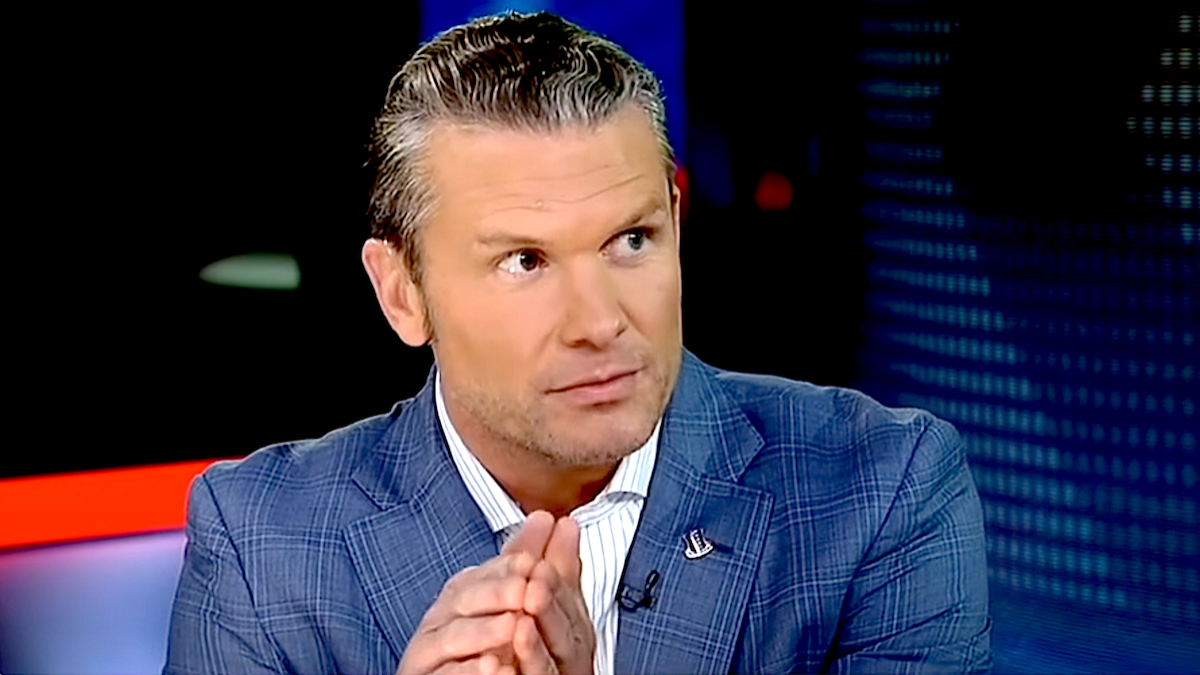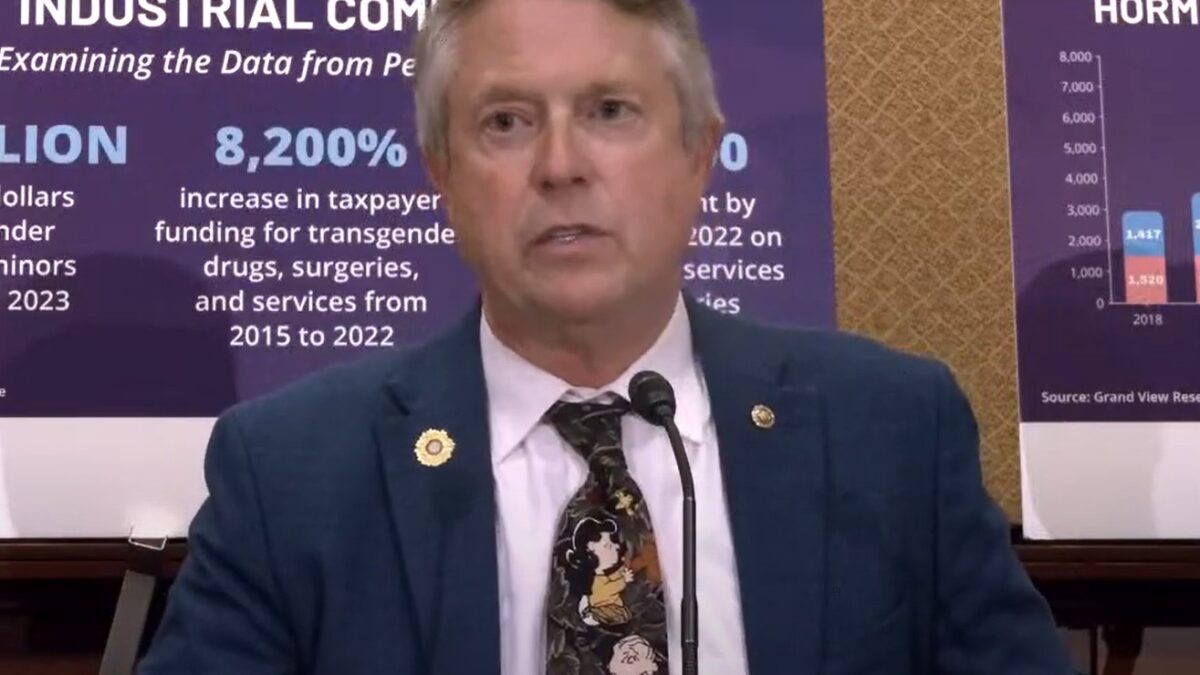Sage’s Law, HB 2432, recently passed in the Virginia House of Delegates on a strict party-line vote with 50 Republicans voting for it, 48 Democrats against it, and 2 abstentions. Should this bill pass into law, it would mark a hard-won victory against the left’s agenda of teaching radical gender ideology in public schools and hopefully reverse a trend that has wreaked havoc on families and children across the country.
With Sage’s Law, the state legislature seeks to redress this misguided, harmful trend by codifying what should be obvious and beyond any serious debate: Parents are the primary caregivers for their children and should be involved in their children’s care. Passage of this legislation is imperative because schools are usurping parents’ roles and interfering with the care of their children by intentionally concealing information about their children’s desire to “transition” genders, often with tragic consequences. In the horrific case of Sage, for whom the legislation is named, a Virginia high school’s deliberate concealment of a girl’s newly asserted transgender identity from her parents triggered a sequence of events that led to her becoming prey to sexual predators.
Her mother’s courageous testimony before the Virginia House of Delegates Education Committee in favor of Sage’s Law can be seen here.
Sage’s Law would require school officials who learn that a student is self-identifying or desiring a so-called gender identity different from the student’s sex (gender incongruence) to contact at least one of the student’s parents. Further, the school would be required to obtain the parent’s permission before implementing any plan to accommodate a child’s so-called transition. This should not be controversial. Parents love their children. They should be involved in a child’s potentially momentous, life-altering decision to alter his or her identity.
Parents, acting in the best interests of their child’s welfare, can best ensure the appropriate professional psychological and medical support for their child just as they would for any other medical or mental health-care issue. As a matter of law and moral principle, Sage’s Law is critical to protect families and children.
For more than 300 years — starting in 1690, when John Locke addressed parental responsibilities in his “Second Treatise of Civil Government” — the law, ethics, and our culture recognized that parents have a responsibility to “nourish and educate” their children.
As Locke wrote, “God hath made it their business to employ this care on their offspring, and hath placed in them suitable inclinations of tenderness and concern … to apply it … to the children’s good.”
Indeed, Virginia law expressly states that a parent has the “fundamental right” to make those decisions related to the “upbringing, education, and care of the parent’s child.” Likewise, the U.S. Supreme Court ruled in Pierce v. Society of Sisters that “the child is not a mere creature of the state” and in Prince v. Massachusetts that the “care and nurture of the child resides first in the parents.”
In 2000, the court emphasized in Troxel v. Granville that “the liberty interest … of parents in the care … of their children is perhaps the oldest of the fundamental liberty interests recognized by [the] Court.” Thus, while the Democrats stand in steadfast opposition, Sage’s Law clearly aligns with well-established Supreme Court precedent and Virginia law in ensuring parents’ primary role in caring for their child’s best interests and in protecting the welfare of children.
Further, it is well established in bioethics — an ethical framework of principles guiding medical and mental health-care decisions and treatment — that minors generally lack the cognitive, psychological, and judgmental reasoning capacity and emotional maturity to make health-related decisions.
Accordingly, parents — not teachers or school boards — ethically have the responsibility to act on their behalf. Parents are presumed to possess the maturity, experience, and judgment to provide appropriate care for their children and, because of their deep emotional connection with and understanding of their children, to act in the best interests of their children in promoting their well-being and maximizing their general welfare.
Schools’ concealment of children’s conduct relating to transgender “transitioning” in school from parents subverts the sanctity of families and undermines the parent-child relationship. Most importantly, such a policy is contrary to the child’s best interests and well-being. It presents a substantial risk of harm to the child, who will need the loving care of his or her parents and professional mental health and medical support, which no teacher is competent to provide. It is the parents — not the school nor the government — who are rightfully empowered as the primary caregivers.
Parents should not be excluded from the care of their children. Accordingly, Virginia’s legislature should do what is best for the well-being of the children in its state: pass Sage’s Law. Hopefully, all states will follow Virginia’s lead and enact similar legislation.









